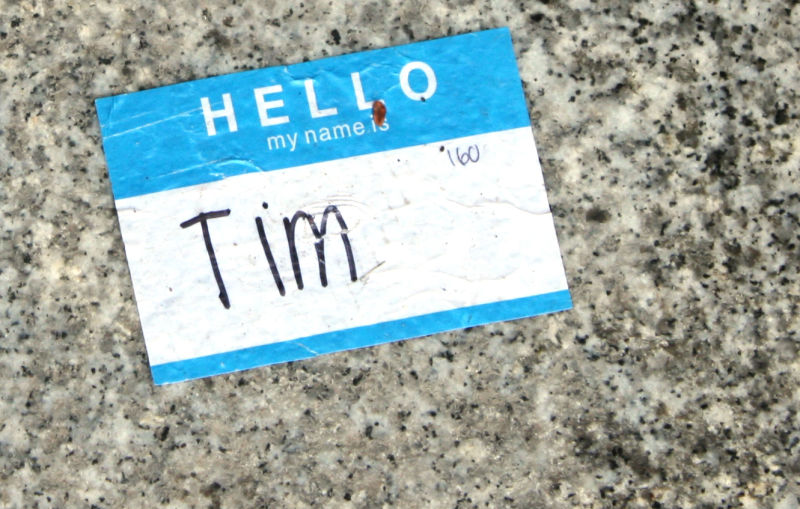When I was in elementary school, I rated my teachers depending on how well they pronounced my name, Adizah Eghan. On the first day of school, I would sit in the classroom surrounded by my peers.
“OK, time for Mr./Ms. X to say my name,” I’d think. “If they get it right, I like them. If they get it wrong, they’ll have to spend the whole first semester regaining my trust.”
My little game was the same for substitutes, and it continued into college.
Over the years, I’ve heard many variations of my name, including my personal favorite: “Oh gosh, I’m not even going to try.” In an effort to make the people around me more comfortable, I’ve collected a sampling of nicknames. Most of them I love, like Deez, Deeza and Deezie. But there are some I really hate — like Addy. That one was given to me by someone who wanted to be more comfortable, but I still used it (mostly for coffee orders) up until a few months ago.
Arjun Adamson, a resident of San Francisco, encounters the nickname predicament too. He says people often struggle with his two-syllable name.
“I think, well it’s two syllables and it’s not even an unusual sound for the English language: Ar-jun. [Pronounced are-jun]. The arrangement somehow is new and so they’re having a hard time understanding that. And I say, ‘No, I don’t have a nickname. You can just learn my name.'”
This is about the barriers that more “ethnic” names create. On one hand, these names might honor a culture and family’s traditions. They should be preserved. On the other hand, they make it easier to make the oh-so-common snap judgements that lead us to the assumptions, stereotypes and misinterpretations that we are trying to address in this series.
And my name? It’s pronounced: Uh-deez-uh.
So what do you think? Have you ever butchered someone else’s name, or been on the receiving end? Share in the comments below. Be sure to keep the conversation going on Twitter and Facebook.

